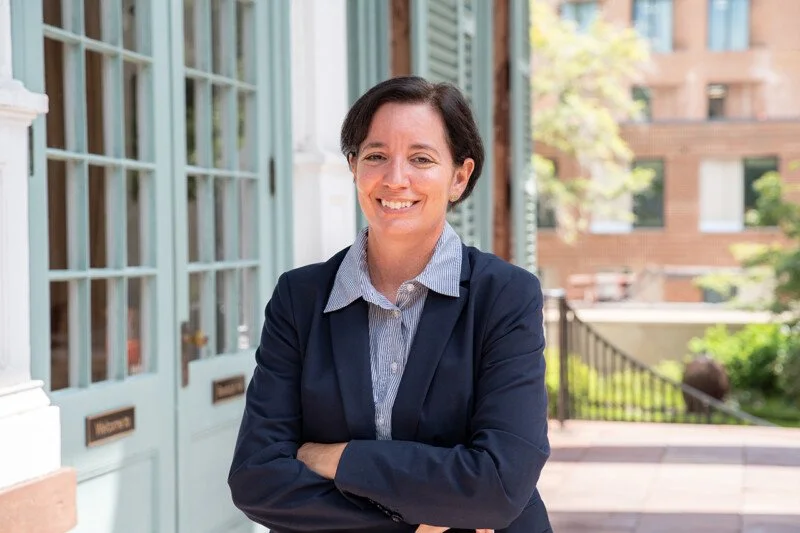International Studies Program
Welcome to the International Studies Program.
The International Studies Program (INTL) is an academic major that involves different subjects and fields. It is part of the School of Languages, Cultures, and World Affairs, or LCWA, and aims to help the school and the College become more global and to teach students how to be citizens of the world. Students have to learn a foreign language for three years, spend time studying or working in another country, and pick a specific regional or global focus of specialization. There are five areas to choose from, and four of them are about specific regions like Africa, Asia, Europe, and Latin America & the Caribbean. The last area is called Global Studies.


Global Impact
One thing Jack Watson knows for certain is that he is going to build a career in the international arena.
Preparing for Global Impact


Meet LCWA Dean Aimee Arias
On this episode of Inside the College of Charleston, the podcast speaks to Aimee Arias, dean of the School of Languages, Cultures, and World Affairs and professor of international studies at the College of Charleston.
Meet LCWA Dean Aimee Arias